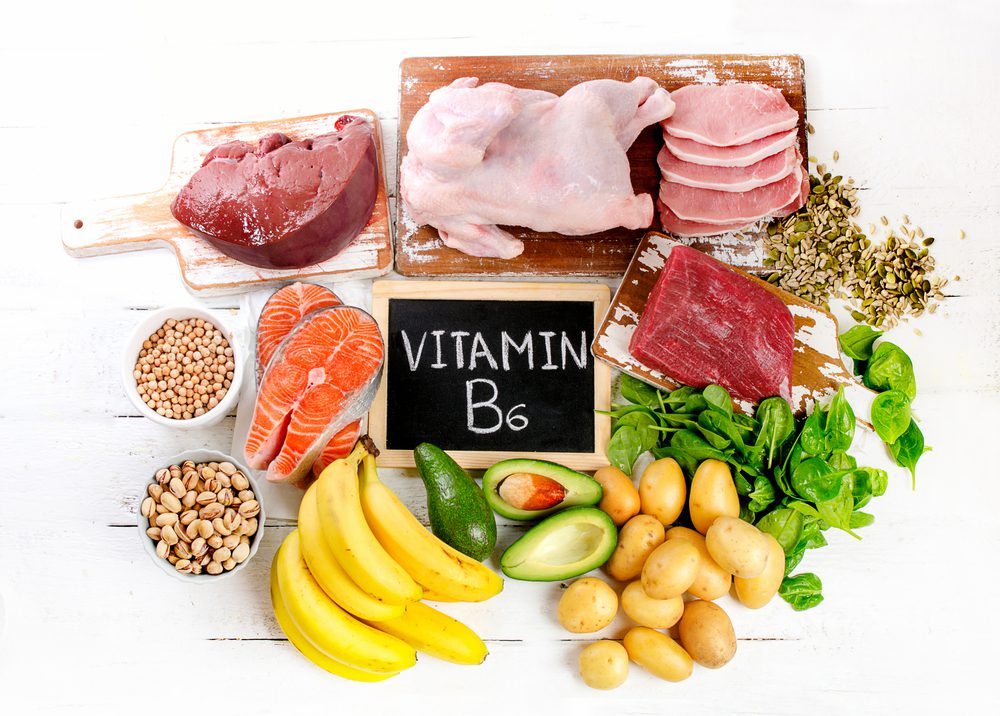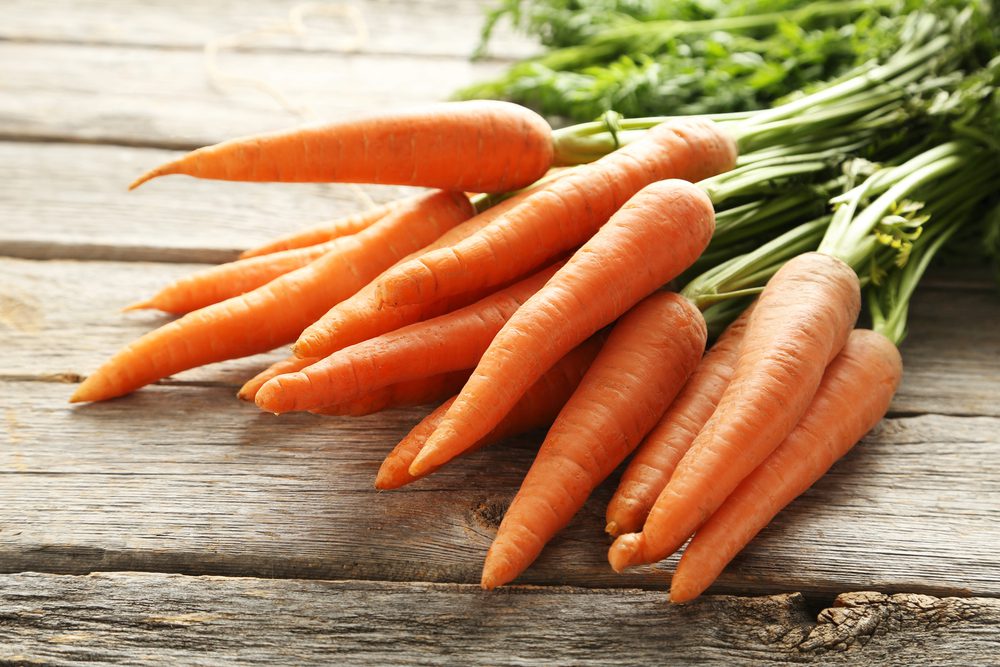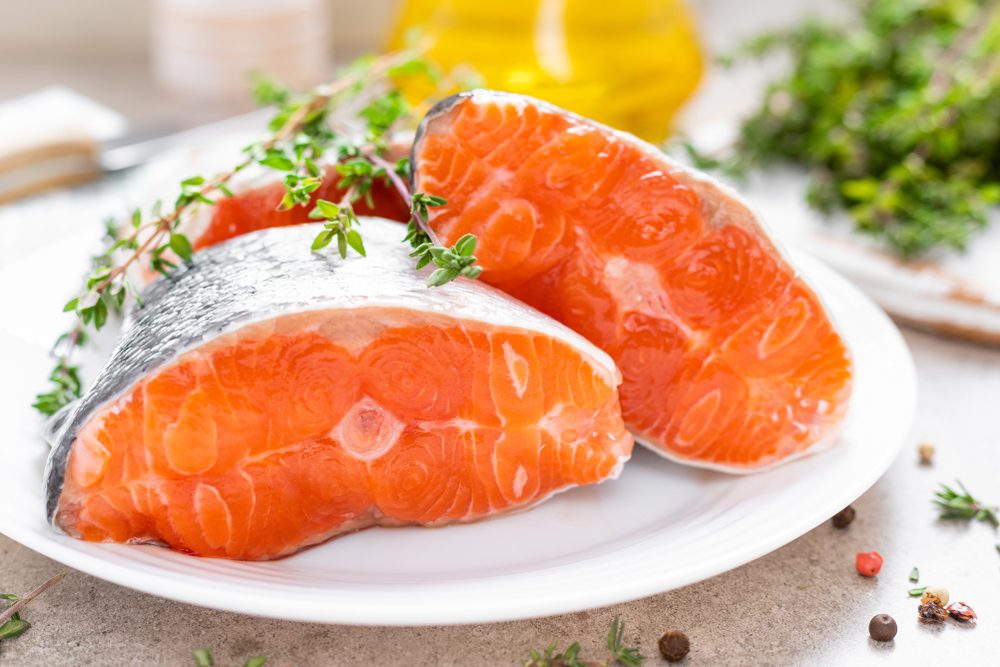Did you know how beneficial walking can be for you?
You might already be walking on a regular basis, whether you take your pet for a walk in the park, you pick up your grandkids from school, go to the shop right next to your house to get something really quick, and so many other things. However, are you actually moving your body as much as you should?
According to experts, an hour of exercise per day is only 4% of your day, which is not enough if you have a sedentary lifestyle apart from your 60 minutes of movement (sitting on a chair or on your sofa all day long). What can you do to avoid this? Move more!
And we’re not talking about doing another workout. Here’s where walking comes to your rescue. Adding more walking to your day might help you improve your life in so many different ways. If this sounds interesting to you, here are 8 surprising reasons why you should do it more often.

1. Lower the risk of heart disease
Heart disease is a health issue that can happen to anyone, and even healthy people can be at risk. But a few studies have discovered that walking can help you ease that.
A group of researchers at the Friedman School of Nutrition Science and Policy at Tufts University studied a big group of senior Americans and discovered that as the subjects aged, those who were more active, including those who walked a lot, had a lower risk of cardiovascular disease.
And if that’s not enough to convince you to get up from the couch and start walking, another study has discovered that walking at least 30 minutes a day, 5 times a week, can help reduce the risk of getting coronary heart attacks by 19%. And if you want even more benefits, you can simply increase the duration and the distance you walk per day.
2. Lower the risk of depression and improve mood swings
Whenever you have a bad day, you feel overwhelmed, or you simply want to relax, a quick walk in the park is more than enough to boost your mood. Besides that, it might help you ease some of the effects of depression. That’s because walking gives you the opportunity to clear your mind, see things from a fresh perspective, think more in-depth about certain things in your life, and the list can go on.
Some experts say that walking in nature is more beneficial for your mind rather than walking in a big, crowded city. Even though it’s understandable that being surrounded by trees, birds, and fresh air is going to be more relaxing for your brain, you shouldn’t say goodbye to walking just because a park is too far from your home and you don’t want to walk around in the city.
While walking is not a magic cure for mood swings and depression, it’s definitely going to help you clear out your thoughts.
3. Boost energy
Trust us, we get it! There are times when you’re just so tired that the last thing you want to do is work out. But let us tell you that you’ll feel a lot more energized and relaxed after you’ve gone for a walk.
Some experts even say that a walk in the afternoon might be the best way to get over a slump, even more so than a cup of delicious coffee. Plus, it will help you sleep better at night, given the fact that coffee might mess with your sleep schedule and make you jittery.
4. Increase focus and creativity
You believe that taking a bit of time out of your work day to exercise might sabotage your productivity, right? Been there, done that. But let us tell you that you are wrong because taking a few minutes to walk will allow your brain to relax and to properly think.
This means that your mind will be more alert and focused, and you’ll be more creative as well. So, the next time you feel like your mind isn’t working the way it’s supposed to, instead of forcing yourself to come up with a genius idea, it’s best to press pause and go for a short walk. Not only will you have more steps at the end of the day, but you’ll also be more focused, alert, productive, and creative.
…Have you ever tried walking when you felt like you couldn’t concentrate on your tasks?

5. Ease joint pain
Are you looking for different remedies to ease joint pain? Then walking should be your go-to. Besides being a great way to relax after a long and stressful day, walking can help protect your joints, including the hips and the knees. That is because it helps strengthen and also lubricate the muscles that uphold the joints.
It is believed that people who are diagnosed with arthritis and walk on a daily basis don’t feel as much pain compared to those who are sedentary. And if you’re looking for a way to prevent arthritis, try to walk 5 to 6 miles a week. It will do wonders for your body!
6. Tone your body
Walking acts as a great cardio workout, and it strengthens your muscles at the same time. So if you want to have toned and strong legs, make sure to get those steps in! In order to build more strength and endurance, find a hilly area and walk over there, or hop on a treadmill with an incline.
And don’t hesitate to take those stairs whenever you can because it’ll tone up your thighs and your buttocks area. Plus, make sure to engage your core and your lower body muscles in order to make the best out of it.

7. Burn calories
If you want to start a healthy lifestyle and be more active, but you don’t know where to start, or you have a health condition that doesn’t allow you to do a lot of physical effort, we have a simple suggestion for you: start walking!
You don’t need any special equipment (just some comfy clothes and shoes and a bottle of water), you don’t need to go all out, and you get to relax and to think about everything you want, to listen to a podcast or catch up with a friend… all while you burn a lot of calories!
Experts recommend that you should aim for at least 10,000 steps a day in order to maintain a healthy weight or to lose some body fat. However, if this is too much for you, start with 5,000 steps and work your way up!
Walking is a cardiovascular type of workout, which means that your heart rate is going to be up, you’ll burn fat, build strength, and tone up at the same time! Once you get the hang of it, you can increase the intensity of your walks by going up a hill or by increasing your speed. You’ll burn even more calories!
8. Lower blood pressure
It’s not exactly brand new information that walking can help lower the risk of high blood pressure, diabetes, or high cholesterol levels, but what’s very interesting is the fact that a fast-paced walk can actually have the same health benefits as running, according to some recent studies.
Researchers analyzed over 30,000 runners in the National Runners’ Health Study and more than 15,000 walkers in the National Walkers’ Health Study. The study was quite long, and they came to the conclusion that over a period of 6 years, there were comparable reductions in risk for having high blood pressure, diabetes, and high cholesterol in both groups.
In simpler words, this means that even if you skip a few running sessions, make sure to add more steps into your daily routine in order to maintain those health benefits.
…Do you like walking? Tell us in the comments down below!
…If being healthy is one of your top priorities, we recommend checking this article out as well: Thinking of Getting an Air Fryer? Here Are 6 Benefits of Using One!







